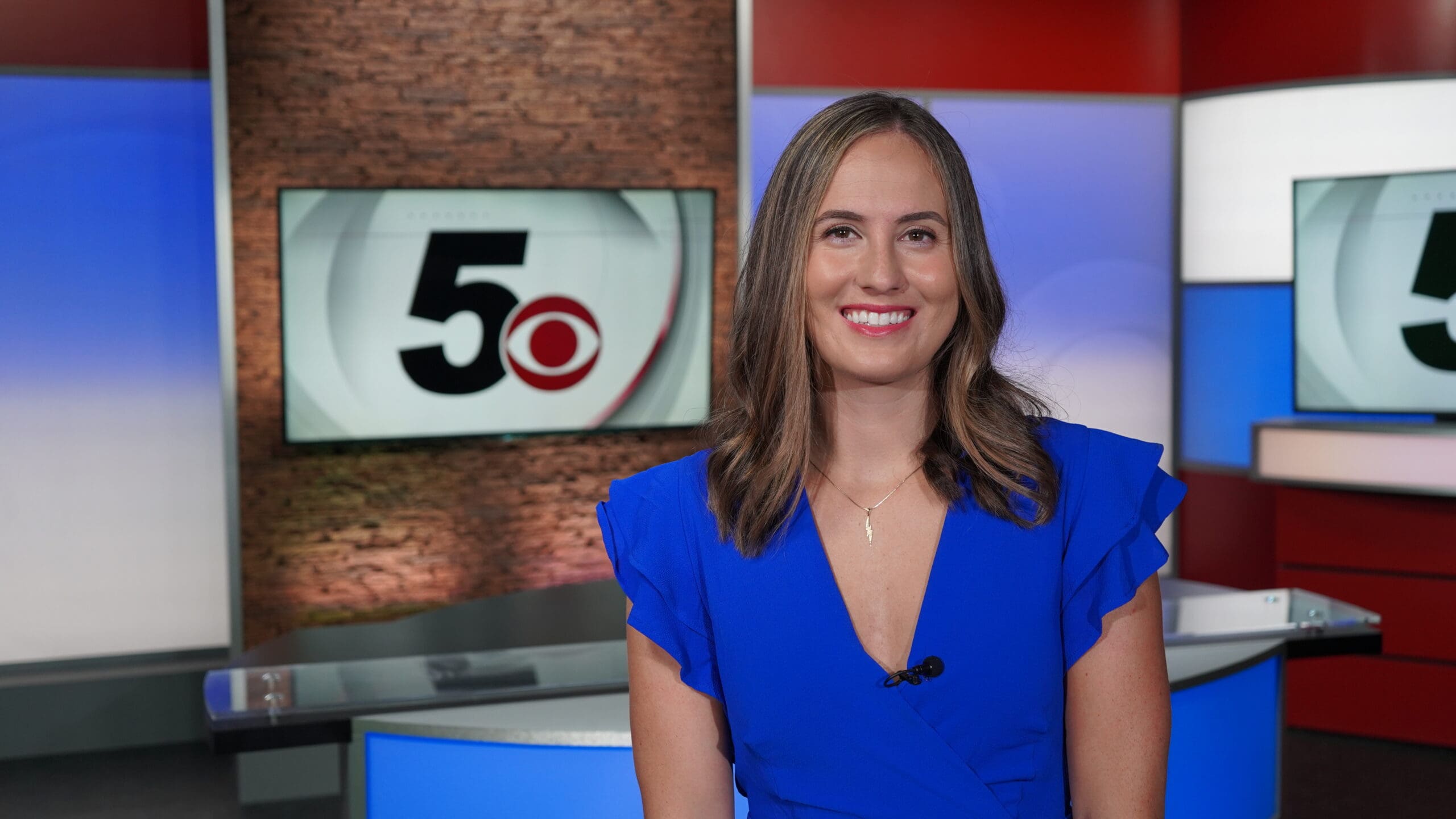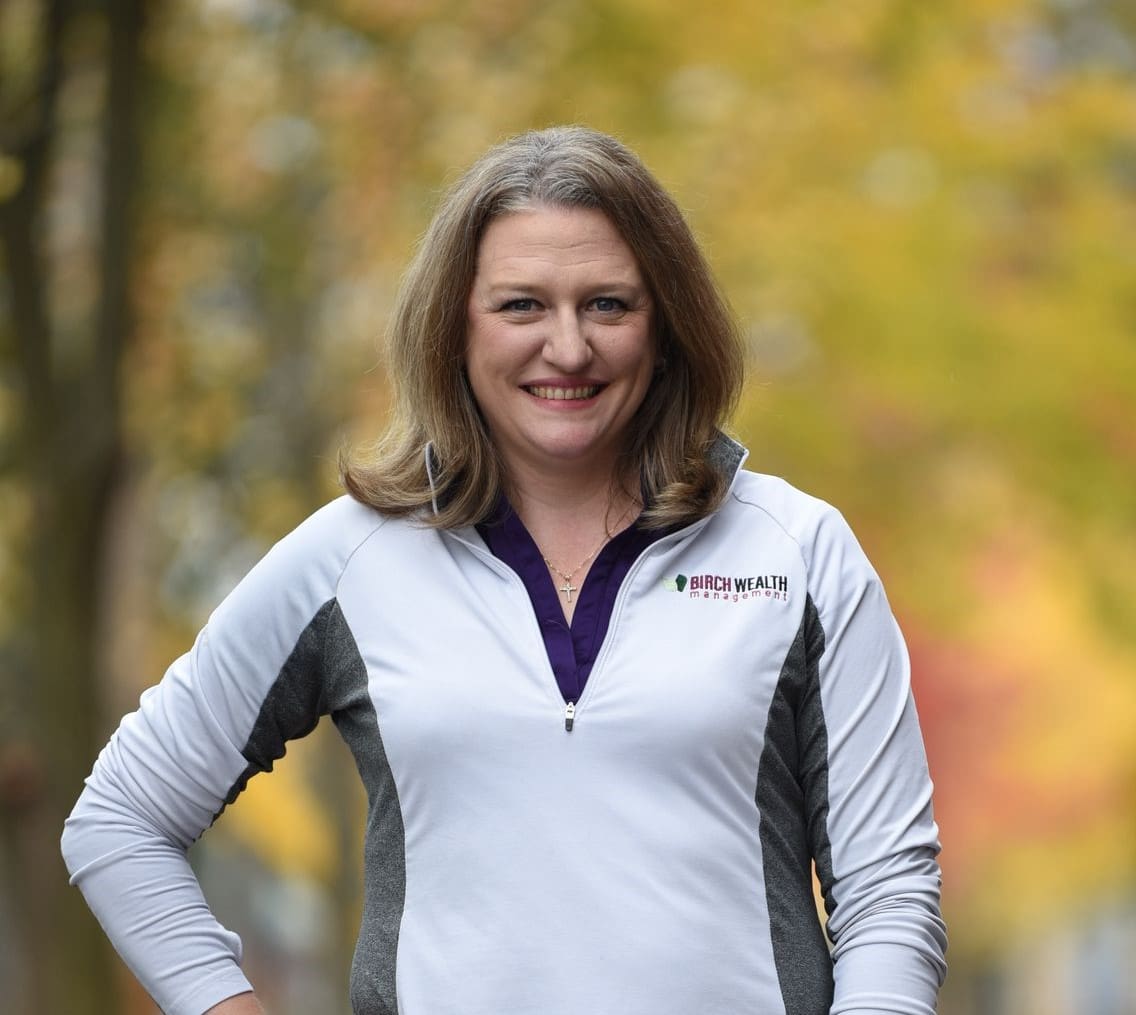By Janelle Davis
Laura Zaferakis, vice president of Liberty Resource’s Early Childhood division (Liberty POST), wasn’t expecting not to teach after finishing her early childhood education degree in southern Virginia. “I was planning on working as an early childhood education teacher. Both my parents were teachers. It was what I knew,” she said.
Laura has always loved kids and was interested in learning about their development. “There is nothing better than being around babies and young children, I don’t care what kind of mood you are in,” she said.
Upon graduating, Laura returned home to New York only to face a lack of available teaching jobs. She noticed a need for special education, so she obtained her master’s degree in special education from SUNY Oswego. She quickly got a job teaching elementary school special education and continued in that role for five years.
“I had my first son in 1997. I knew that I didn’t want to return to the classroom full-time. I wanted to be home with him,” explains Laura. That was when she discovered early intervention services, which were only a few years old in New York State. This was the perfect opportunity for Laura to use her special education degree, make her own schedule, and work with infants and children. “I started working in early childhood intervention in 1998 and never looked back,” she said.
Starting part-time in early intervention services, Laura was able to stay home with both of her sons. Throughout the years in this sector, she climbed the ladder. She was the discipline-specific supervisor overseeing the special education program. From there, she moved into the director role. Laura returned to school at Syracuse University to get her school administration degree which opened up the opportunity to become vice president of Liberty Resource’s Early Childhood division.
The early childhood division (Liberty POST) is the largest division at Liberty Resources. The main office is in Syracuse, with additional offices in Buffalo, Rochester, the Hudson Valley region, Long Island, and in New Jersey. Laura oversees all of those programs containing 600+ employees.
Laura explained that each region has its own director. “We did that very intentionally because even though it’s the same state except New Jersey, the needs of the communities across the state are very different. So having a director running each region allows us to meet the specific needs of that community.”

The services that the early childhood division offers are vast. Liberty POST specializes in early intervention (birth to three years old) and preschool special education (ages three to five). They have toddler programs, special education preschool programs, and ABA services. Laura and her team work with children diagnosed with autism or suspected to be on the autism spectrum. They also diagnose autism and associated diagnosis.
In the past six months, Liberty POST brought audiology services to Syracuse. “This is an important service for children from birth through school age. It’s a new and exciting lens for us,” explains Laura.
Laura continues to explain that each of the regions has different programming. For example, there is a diagnostic team in Syracuse and Buffalo, but not yet in other regions. So services are specific to the region’s needs and what they can offer in terms of staffing.
Laura also teaches Methods and Curriculum for Early Childhood at Syracuse University. “I tell my students all of the time, it doesn’t matter what grade you teach — it’s so important to know where your student’s development came from before they got to where they are now. You have to know what development took place in their early childhood before coming to you. It is imperative for them to be successful in your classroom,” she said.
It is the relationships that we create that build us, and that’s why Laura loves early childhood because it is when these connections happen.
When asked what important service or action a parent can provide their child to assist in their development, Laura explained that there is a common theme among the services they provide. Whether they are working on early learning skills, gross motor skills, fine motor skills, or language development, it all starts with shared engagement and connections between the child and the adult.
“If I were to advise parents, it would be to engage with your child. This lets them know that their ideas are important. Screen time should be limited,” Laura said. She agrees that independent play is great, but the most important part of your child’s development is helping them understand that there’s a relationship within playtime, which translates to life as they get older. There’s a relationship within everything that we ask them to do. She says nothing replaces the face-to-face engagement of playing on the floor with your kids.






You must be logged in to post a comment.